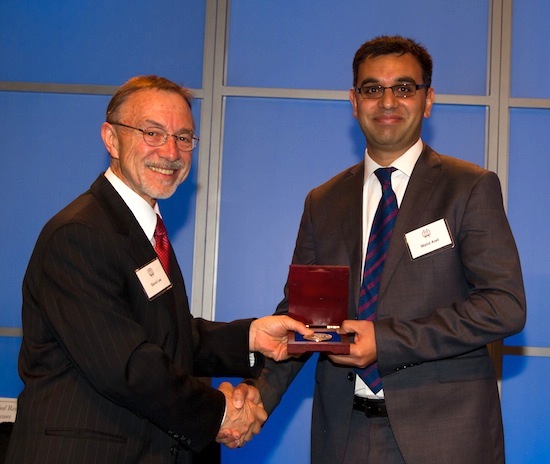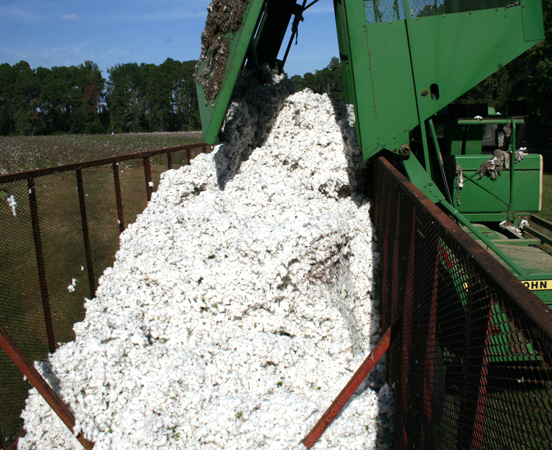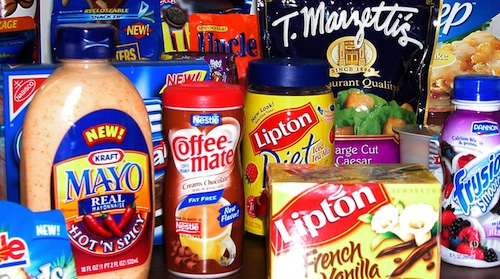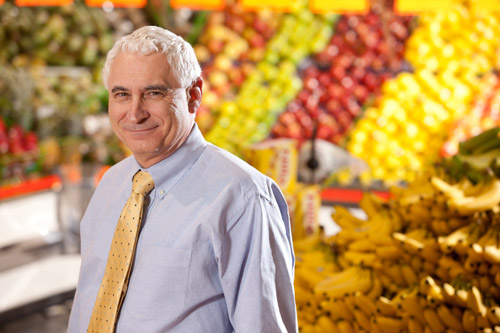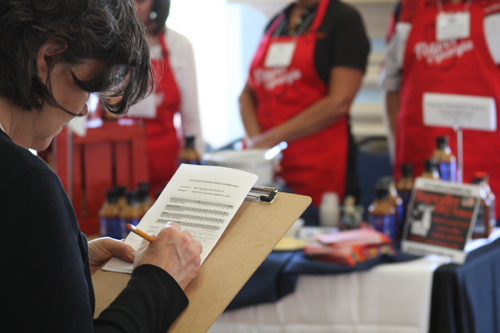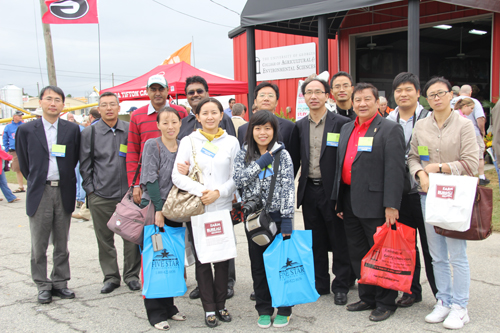 CAES News
CAES News
Asian Agricultural Sciences Summit
From tilapia to canned Mandarin oranges, Americans import many staple grocery products from Asian nations like China, Taiwan and Japan. Likewise, these countries import Georgia-grown products—chicken, cotton and pecans.

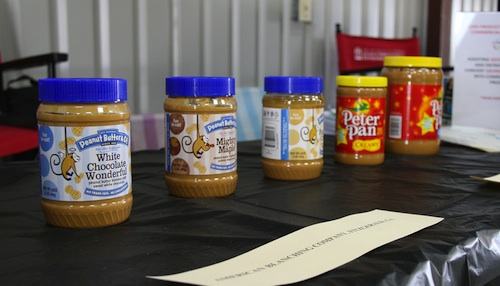

.jpg)
